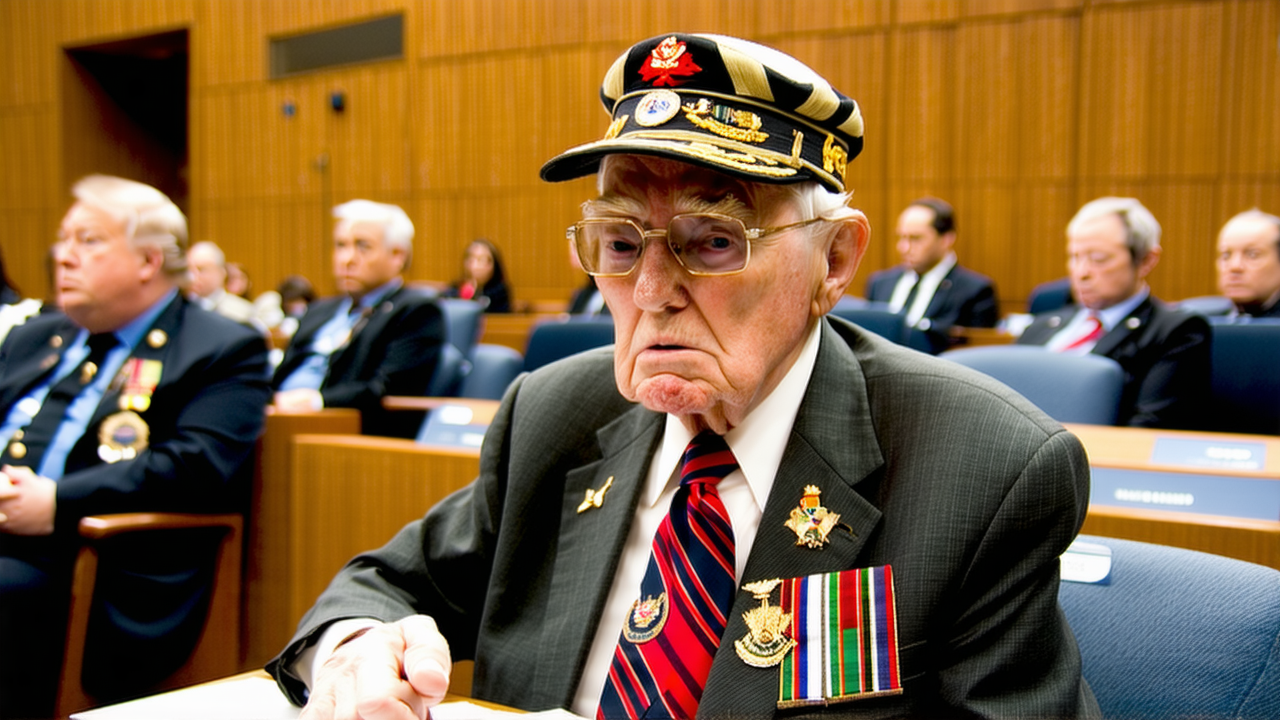The $3.1b Election-Year Windfall: Who Benefits and Who Gets Left Behind?
The $3.1b Election-Year Windfall: Who Benefits and Who Gets Left Behind?
As the Government braces for an election year, a potentially massive $3.1 billion windfall lies on the table — one that could reshape the future for thousands of veterans and their families, or be quietly absorbed into the political machinery with little public awareness. The story of this potential fiscal shift begins with Sir Wira Gardiner, a revered New Zealand soldier and public servant, and the legacy he left behind.
Sir Wira Gardiner, who passed away from a brain tumour, was a decorated soldier who served in Vietnam. His death sparked a legal battle that would eventually open the door for thousands of veterans to claim compensation for illnesses they believe were caused by exposure to Agent Orange during their service. Agent Orange, a defoliant used by the U.S. military in the Vietnam War, has long been linked to a range of health issues, including brain tumours.
Gardiner’s claim was initially rejected by Veterans’ Affairs, but after a series of appeals, the Veterans’ Entitlements Appeal Board (VEAB) ruled in his favor in 2024. The board found that his tumour was likely service-related, a decision that has significant implications for the entire veteran community. According to current estimates, this ruling could lead to an additional $3.2 billion in taxpayer-funded support for veterans over their lifetimes.
The potential financial impact has not gone unnoticed. The New Zealand Defence Force (NZDF), through its parent body, has raised concerns with Ministers Judith Collins and Chris Penk, warning that the new interpretation of the law could dramatically increase the cost of supporting veterans. Current costings suggest the total lifetime cost could rise from $2.9 billion to $6.1 billion — a $3.2 billion increase that was not previously accounted for in government budgets.
Now, the High Court is being asked to review the VEAB’s decision, with NZDF arguing that the board misinterpreted the law. The outcome of this review could determine whether the $3.1 billion becomes a new source of support for veterans or is quietly reclassified into other government spending — or worse, ignored altogether in the face of an election-year fiscal push.
For veterans’ advocates, this is a moment of both hope and concern. Royal New Zealand RSA chairman, retired Lieutenant General Rhys Jones, has stated that the latest decision shows the proper support veterans are due. He has also warned that any attempt to limit support through legal changes would be strongly opposed by the veteran community.
The question that now looms is whether the Government will choose to use this windfall to support those who have served, or whether it will be absorbed into the broader political narrative — one that may prioritize short-term gains over long-term obligations. With tax cuts and other election-year promises on the horizon, the pressure on the Government to act — or not act — has never been greater.
As the High Court prepares to deliver its ruling, the eyes of the veteran community are on the outcome. For many, this is not just about money — it’s about justice, recognition, and a long-overdue acknowledgment of the sacrifices made by those who served their country in war and peace alike.
The story of Sir Wira Gardiner is one of service, sacrifice, and legacy. It is also a reminder of the responsibilities that come with power — and the choices that must be made when the time comes to serve those who have already given so much.
